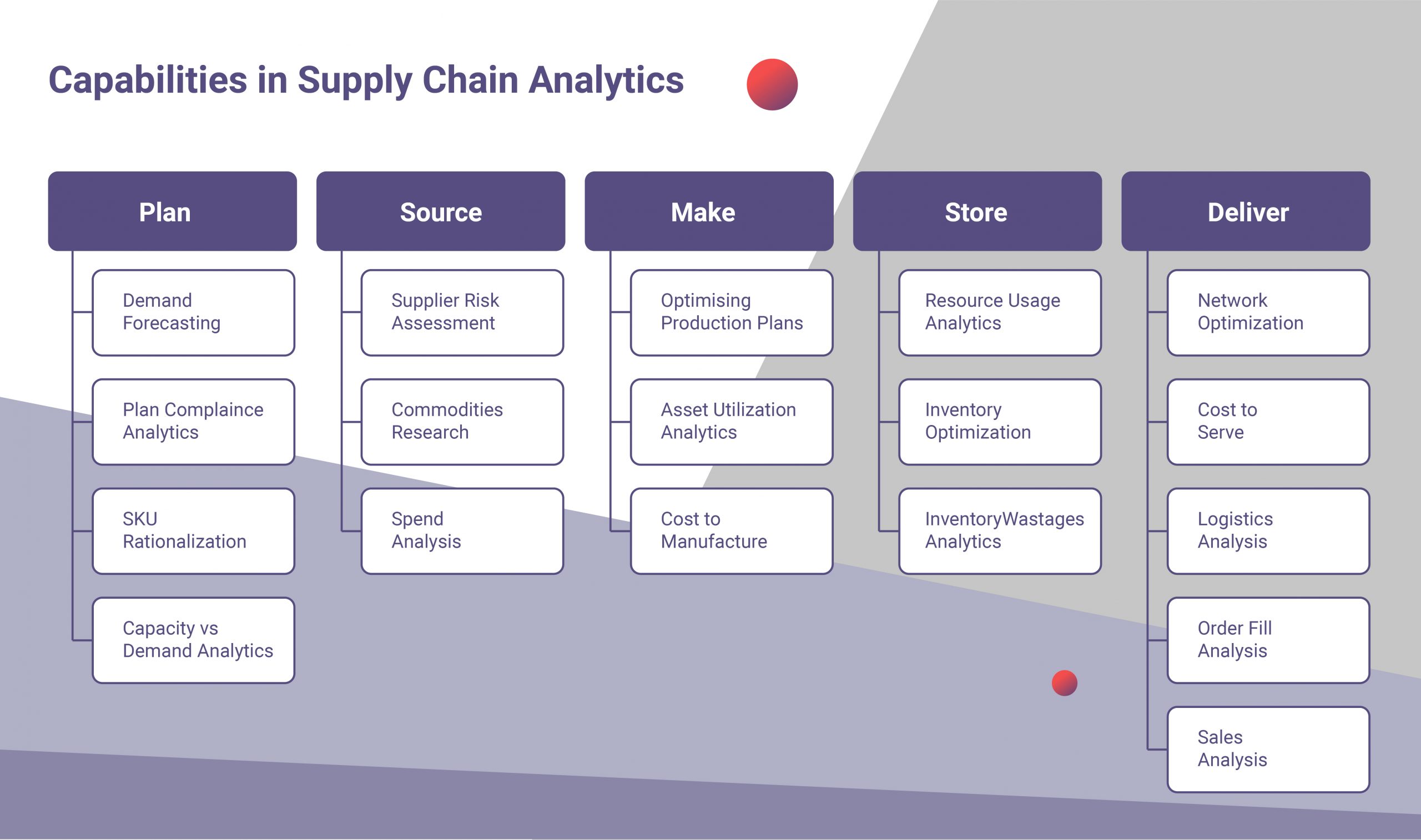
Tennessee has a diverse economy with a variety of career options. Tennessee offers many career options, regardless of whether you're interested in a manufacturing job or something else.
Manufacturing Jobs in Tennessee
MNI's data indicates that there are over 6109 factories in the state, employing 408,131 people. These companies produce various goods including automotive components, industrial machinery, and fabricated steel products.
Transportation Equipment Manufacturing (TEM): As the largest industrial sector of Tennessee, transportation equipment is responsible for manufacturing trucks, vehicles and aircraft parts. These firms have hired many new workers in recent years, as Nissan expands production at its plant in Smyrna and Volkswagen ramps up production at its Chattanooga facility.
Industrial Machinery - Second only to transport equipment in size, industrial machinery manufactures parts for industries like agriculture, energy, defense, and defense. DENSO Manufacturing Tennessee, in Maryville, and Maremont Exhaust Products, in Loudon are two manufacturers that work in this industry.

Food Processing is the third largest industry. It includes food producers such as Little Debbie snacks and Drake's Devil Dogs. These companies employ many people, such as production staff, packaging specialists, and warehouse employees.
Advanced Manufacturing - The fourth most important industry in the state, advanced manufacture is an essential sector for the economy. More than 32,000 jobs are currently being added to this field. Eastman Chemicals, Consolidated Nuclear Security, and McKee foods are the top employers in this industry.
Find a factory job in Tennessee.
The best way to start a manufacturing career in the state is through an apprenticeship or training program. These programs are designed to give you hands-on experience in a specific area of the manufacturing process. These courses usually focus on one skill, such a welding or electrical works, and are customized to meet your specific interests and qualifications.
Other programs focus on more general areas, such as manufacturing technologies or quality management. These programs are taught by many community colleges or training providers.
Those interested in a career in the manufacturing industry can also search for manufacturing jobs on online job boards or classified ads. These sites provide a valuable resource for finding jobs at many different companies. You can often apply for positions online without meeting with hiring managers.

To find a position in the manufacturing industry, you should start by checking out the careers page on a website for a local or a national employer. You can find a description of the company as well as a list with open positions on this site.
Other resources for finding a job in the manufacturing industry can include attending job fairs, which often offer opportunities to interview with multiple different companies. These events are difficult to locate and may not include all of the manufacturing jobs available in your locality.
FAQ
Why automate your warehouse
Modern warehousing has seen automation take center stage. Increased demand for efficient and faster delivery has resulted in a rise in e-commerce.
Warehouses have to be flexible to meet changing requirements. They must invest heavily in technology to do this. Automation warehouses can bring many benefits. Here are some reasons why it's worth investing in automation:
-
Increases throughput/productivity
-
Reduces errors
-
Increases accuracy
-
Safety is boosted
-
Eliminates bottlenecks
-
This allows companies to scale easily
-
Makes workers more efficient
-
Provides visibility into everything that happens in the warehouse
-
Enhances customer experience
-
Improves employee satisfaction
-
Reducing downtime and increasing uptime
-
Quality products delivered on time
-
Removing human error
-
It ensures compliance with regulations
What is the difference between Production Planning and Scheduling?
Production Planning (PP), or production planning, is the process by which you determine what products are needed at any given time. This can be done by forecasting demand and identifying production capabilities.
Scheduling is the process of assigning specific dates to tasks so they can be completed within the specified timeframe.
What is the role of a logistics manager
Logistics managers make sure all goods are delivered on schedule and without damage. This is done using his/her knowledge of the company's products. He/she should ensure that sufficient stock is available in order to meet customer demand.
What is the difference between a production planner and a project manager?
The primary difference between a producer planner and a manager of a project is that the manager usually plans and organizes the whole project, while a production planner is only involved in the planning stage.
How can we improve manufacturing efficiency?
First, identify the factors that affect production time. We then need to figure out how to improve these variables. If you don’t know where to begin, consider which factors have the largest impact on production times. Once you've identified them, try to find solutions for each of those factors.
Statistics
- According to a Statista study, U.S. businesses spent $1.63 trillion on logistics in 2019, moving goods from origin to end user through various supply chain network segments. (netsuite.com)
- It's estimated that 10.8% of the U.S. GDP in 2020 was contributed to manufacturing. (investopedia.com)
- (2:04) MTO is a production technique wherein products are customized according to customer specifications, and production only starts after an order is received. (oracle.com)
- [54][55] These are the top 50 countries by the total value of manufacturing output in US dollars for its noted year according to World Bank.[56] (en.wikipedia.org)
- Many factories witnessed a 30% increase in output due to the shift to electric motors. (en.wikipedia.org)
External Links
How To
How to Use 5S to Increase Productivity in Manufacturing
5S stands as "Sort", Set In Order", Standardize", Separate" and "Store". Toyota Motor Corporation developed the 5S method in 1954. This methodology helps companies improve their work environment to increase efficiency.
The basic idea behind this method is to standardize production processes, so they become repeatable, measurable, and predictable. This means that daily tasks such as cleaning and sorting, storage, packing, labeling, and packaging are possible. Workers can be more productive by knowing what to expect.
Implementing 5S requires five steps. These are Sort, Set In Order, Standardize. Separate. And Store. Each step requires a different action, which increases efficiency. Sorting things makes it easier to find them later. You arrange items by placing them in an order. You then organize your inventory in groups. Finally, label all containers correctly.
Employees will need to be more critical about their work. Employees should understand why they do the tasks they do, and then decide if there are better ways to accomplish them. In order to use the 5S system effectively, they must be able to learn new skills.
The 5S Method not only improves efficiency, but it also helps employees to be more productive and happier. As they begin to see improvements, they feel motivated to continue working towards the goal of achieving higher levels of efficiency.